The RCMP published its targets and goals for 2024-2025 in its Departmental Plan which includes more “engagement” with Indigenous communities on cannabis. The Federal government also released the Renewal of the funding for the existing Federal framework for the legalization and regulation of cannabis in Canada (Horizontal initiative) the long-winded title refers to a report which further outlines how the RCMP and federal government will violate and erode Indigenous Right and Title when it comes to the cannabis market.
The date put forth to achieve these goals is March 31, 2025; this could explain the recent dramatic uptick in raids in Nova Scotia as the RCMP attempts to meet these targets. One of the main goals of the RCMP is to achieve a 47% “true” response amongst Indigenous individuals in response to the statement “I feel safer because of the RCMP”. This would be a 2% increase from the 2022-2023 rate of 45%. This objective may seem difficult in light of the recent actions of the RCMP.
One of the so-called “planned results” for the 2024-2025 Departmental Plan is “improved relations with and outcomes for Indigenous People”. There are several ways that the RCMP plans to do this along with various Indigenous recruitment and community engagement are some targets and goals that seem more insidious. One of these aims is for the RCMP to start enforcing First Nations by-laws without consulting the Band Council, the wording is open and leaves a lot to interpretation.
“To advance the RCMP’s efforts to ensure safer and healthier Indigenous communities, Indigenous Policing Services will work with Indigenous communities to navigate the complexities and role the RCMP plays in the enforcement of Indigenous law. This will include engagement and consultation with Indigenous leaders as required during the development of Band bylaws. This will also include communicating the role the RCMP plays in the overall justice system and how that affects the communities the RCMP polices.”

Since the moment of contact consultation has been key to the government’s relationship with Indigenous people however this does not sound like consultation. “Navigate the complexities” could be interpreted as simply explaining to the people what you are going to do and as far as “consulting” on creating by-laws; many by-laws have already been created with the help of lawyers like Sara Mainville who simply boilerplate Health Canada policy anyway. Similarly “communicating the role” doesn’t ring of consultation either as it seems the RCMP has just decided they will enforce Indigenous by-law and they are merely telling Band Council how they are going to do it. The short and open wording leaves much to the reader’s imagination and while it might seem benign it could open the door for the RCMP to interpret and enforce Indigenous by-laws however they see fit.
“In 2024-25, the RCMP will enhance partnerships and engagements with National Indigenous Organizations and communities. This will be accomplished through new and ongoing work plans and direct community engagement through the Divisional Indigenous Policing Services units.”
At first glance, this seems promising as partnerships and engagements are always good however words like “grassroots” and “traditional” are not mentioned in this passage. The RCMP can pick and choose which organizations they deal with and on which level. For example, the Micmac Rights Association meets all of the requirements as an Indigenous Governing Body under the eyes of the government; however, the RCMP refuses to engage with them on an equitable and respectful basis. It would seem that the RCMP means to engage with federally funded organizations such as Friendship Centres, MMIW organizations, Band Councils, and others. Such engagements will likely be feel-good public affairs functions as opposed to the open consultation and debate some might expect.
“Special initiative funding is enabling the RCMP to create a unit within Indigenous Policing Services dedicated to addressing cannabis legislation and the effects on community safety and wellness. In 2024-25, the unit will focus on coordination with Divisional Indigenous Policing Services to develop national policy and educational products and programs related to the enforcement of cannabis legislation, related Band bylaws, and the roles held by the community and police.”
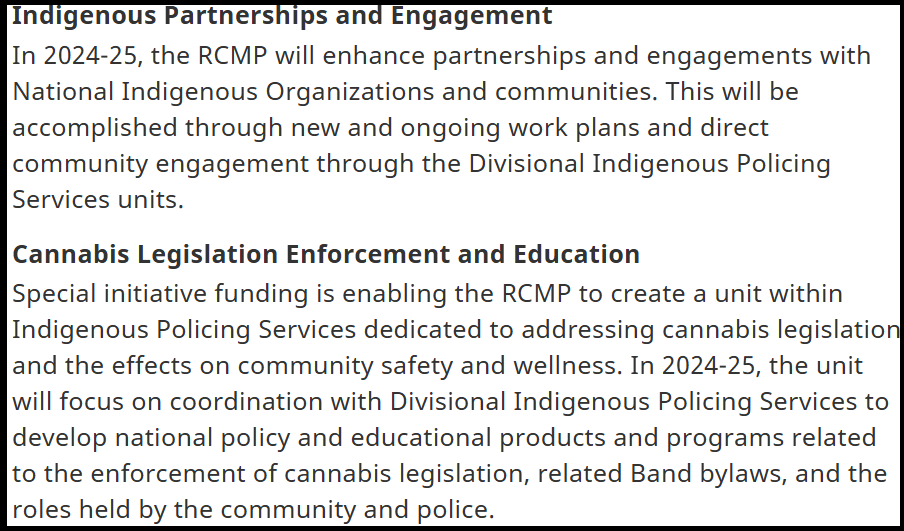
This is government propaganda meant to reinforce the first point, that the RCMP can enforce by-laws on reserve as they see fit; this is your role, this is their role. The word consultation doesn’t even appear here, they are just explaining to Indigenous People what they are doing; flying in the face of Indigenous self-governance and Right and Title established in treaties and laws across Canada such as the 1763 Royal Proclamation and the Constitution Act of 1982. Such wording is confusing to Indigenous People who interpret consultation and engagement to mean a fair and equitable debate; whereas the Canadian government uses these terms when they simply mean to dictate policy to their subjects.
The funding renewal document provides some more detail and context when paired with the Departmental Plan however at the same time it is incredibly vague as shown in the first passage of interest.
“ER 4.1.7 Increased cannabis-specific engagements with Indigenous communities”

This is so broad it could mean absolutely anything from a raid to a formal meeting to a phone call. The use of “community” could also mean anyone, a band councilor, a store owner, a lawyer, or anyone who identifies as being from said community.
“ER 4.1.8 Enhanced capacity of target populations, including partners and stakeholders, youth and Indigenous communities, to respond to the cannabis regime”
More very open language here but this would seem to include things like CrimeStoppers, anti-drug initiatives in schools, anti-cannabis pamphlets etcetera. It could also mean the cultivation of confidential informants and the gathering of intelligence from community members aka “narcs” and “snitches”. Such operations often put people at risk and actually make communities less safe as it erodes trust and increases paranoia.
“PI 4.1.7.1 Number of engagements at the leadership level between RCMP detachments/divisions and Indigenous community leadership on cannabis-related issues”
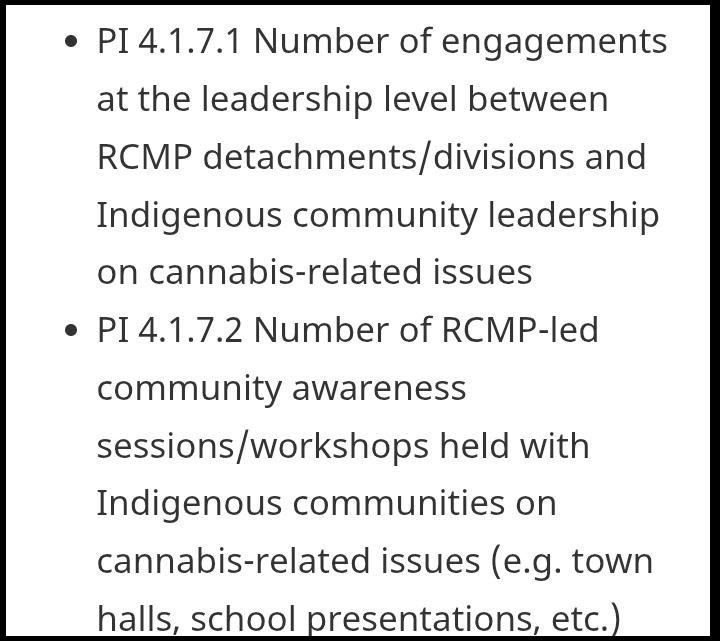
See above in the departmental plan; this is where they direct policy without any real chance at consultation. These engagements could also include things like planning raids and choosing which businesses ought to be targeted. “Cannabis-related issues” could mean a wide variety of things but the most pressing issue for the RCMP is clearly sovereign Indigenous cannabis dispensaries operating on Indigenous Land as Dispensing Freedom’s reporting has shown.
“PI 4.1.7.2 Number of RCMP-led community awareness sessions/workshops held with Indigenous communities on cannabis-related issues (e.g. town halls, school presentations, etc.)”
This is how they will be using the propaganda “products and services” previously mentioned. The RCMP plans to come into communities and hold court as they explain the evils of a plant that has brought healing and prosperity to their community. The mention of going into schools is particularly concerning as the children of owners and employees of these dispensaries will attend these presentations as the RCMP makes their parents out to be bad people when they are simply exercising their Rights.
When taken altogether it is clear that the RCMP wants to cripple Band Councils and Sovereign Indigenous People’s ability to regulate their own economies by coming into their communities and stating their laws from the pulpit in Band Offices, Schools and Community Centres across Canada. All the while they plan to continue to raid and oppress people who are exercising their rights under centuries-old treaties and promises made by The Crown. With a deadline for these targets of March 31 2025 the next 6 weeks could see further police action such as is occurring in Nova Scotia at the moment.

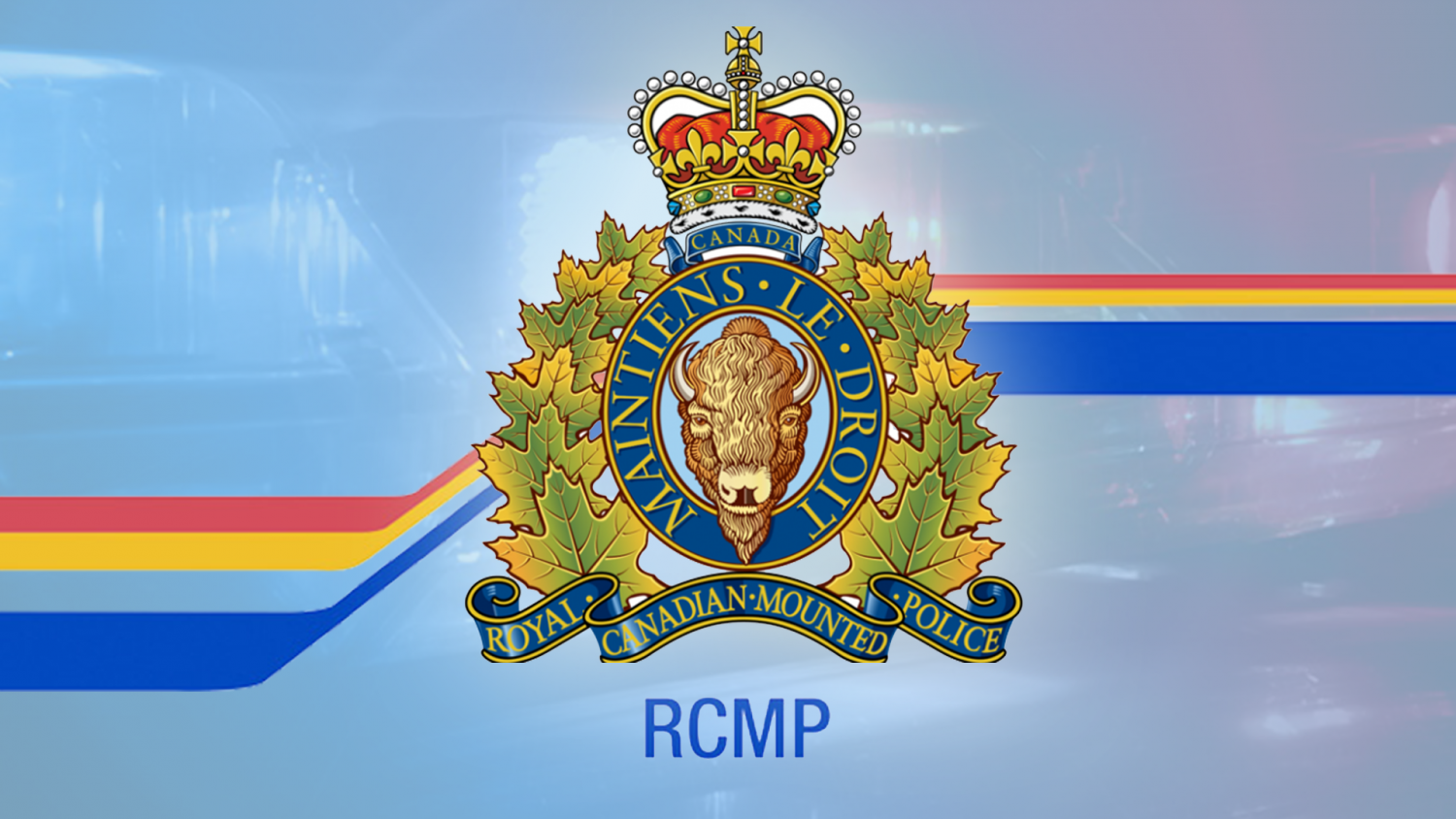
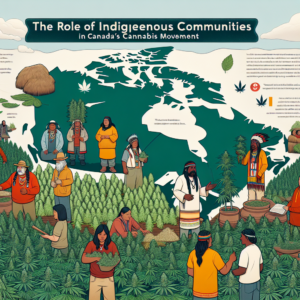

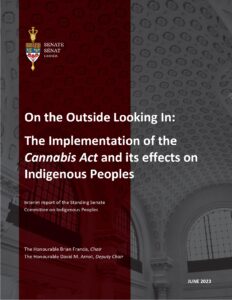

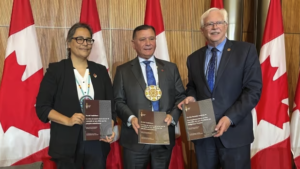
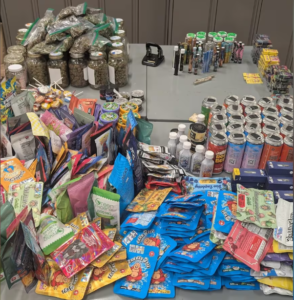
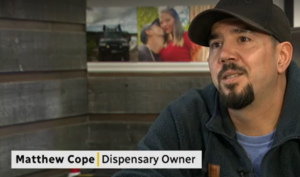


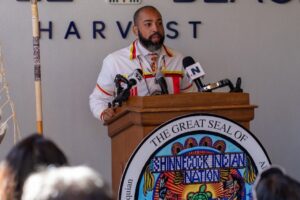
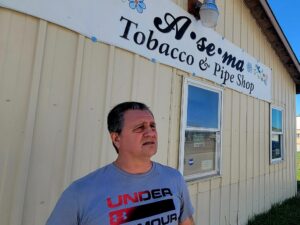


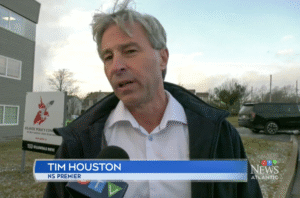
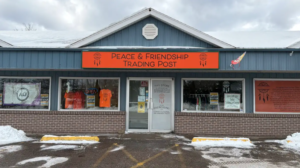
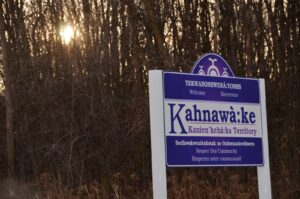
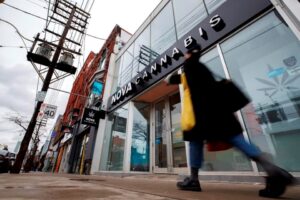
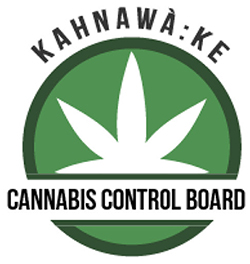



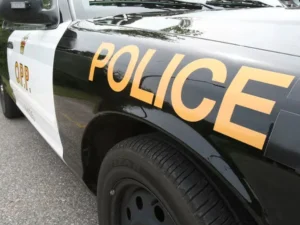


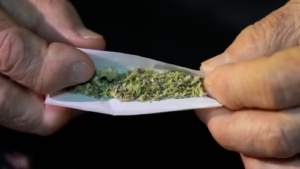

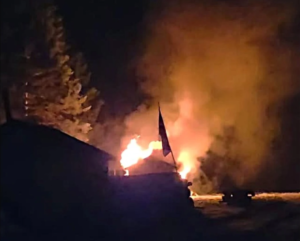



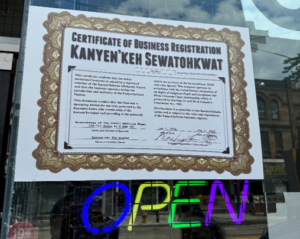
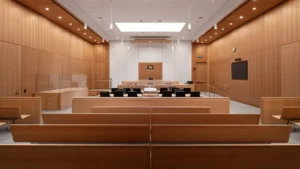

Comments are closed.